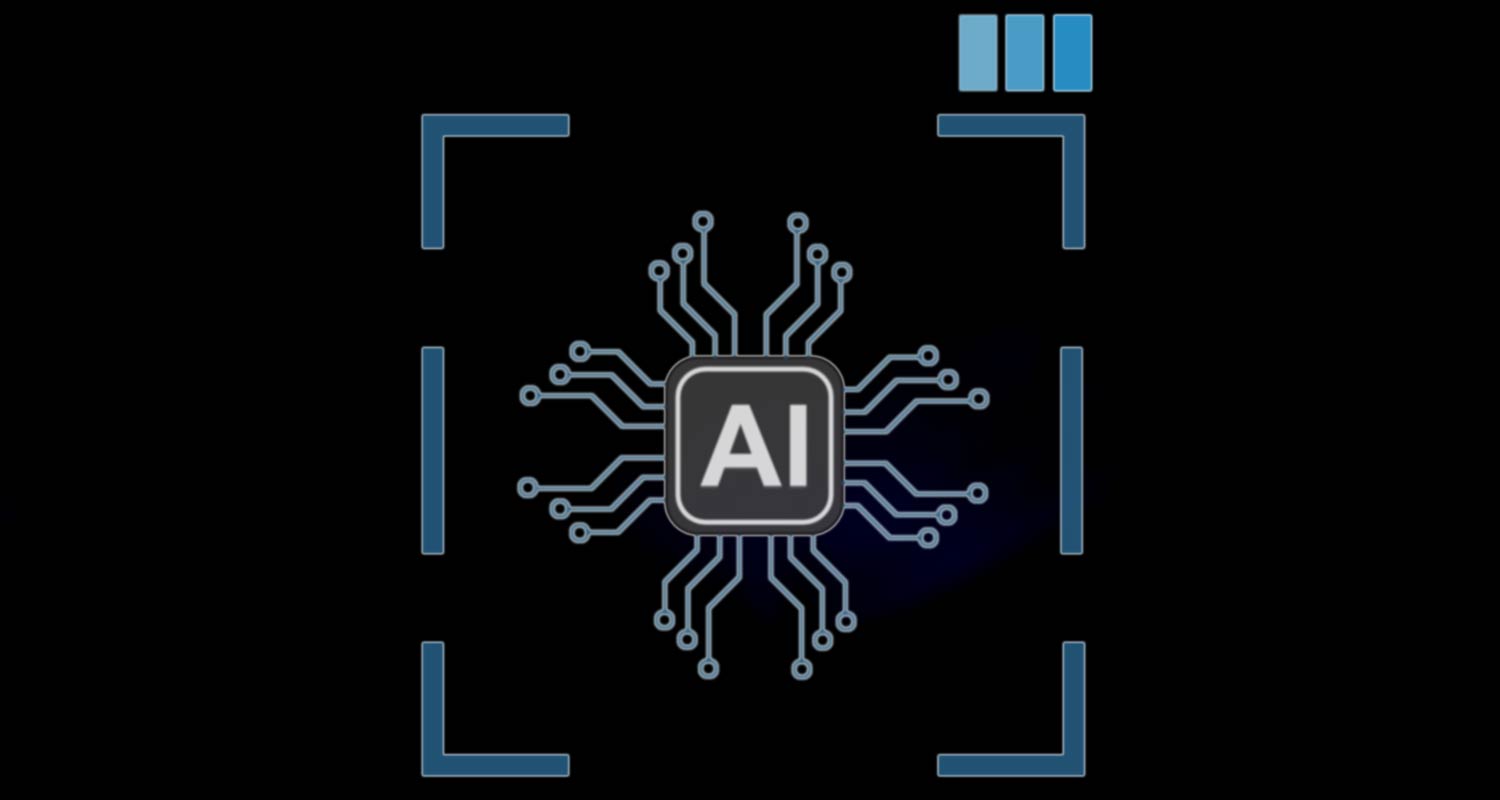 At CloudZA, we use artificial intelligence tools daily. Being a cloud systems integrator and solution provider, we always try to find more efficient methods of providing solutions, automation and personalised content for our customers. We understand that AI is the future and we are here for it.
At CloudZA, we use artificial intelligence tools daily. Being a cloud systems integrator and solution provider, we always try to find more efficient methods of providing solutions, automation and personalised content for our customers. We understand that AI is the future and we are here for it.
As AI technologies advance rapidly, bleeding-edge innovations in artificial general intelligence (AGI) and generative AI (gen AI) are poised to profoundly reshape South African workplaces.
AGI refers to versatile systems that can reason, problem solve and learn continuously similar to humans, while Generative AI focuses specifically on creating, or generating, original, customised content like text, images and media. Both promise considerable opportunities for local enterprises across all sectors to elevate productivity, creativity and delivery of personalised services.
This article focuses specifically on gen AI and its impact on the South African workforce. Most of us have probably had some form of interaction with generative AI chatbots such as OpenAI’s ChatGPT or Google’s Bard.
While cloud infrastructure reduces computational constraints globally, South Africa stands to gain immensely by proactively embracing gen AI – if deployed both equitably and responsibly. Finding new ways to integrate gen AI advancements into your business will prove to be a great strength moving into 2024. Internal use of these systems will help you to better automate and monitor your business operations, allowing you to focus on what truly matters to your organisation.
The state of AI in South Africa
Even though growing cloud capabilities are enabling gen AI experimentation within large corporations, underdeveloped connectivity and limited data access constrain wider innovation, specifically in informal areas or outside major CBDs. This together with the existing gaps in specialised AI talent, relative datasets and funding available to local startups also inhibit rapid advancement compared to tech hubs in more developed countries.
With a youth unemployment rate of over 50%, South Africa stands to benefit immensely from AI’s economic upsides. Gen AI presents a unique opportunity for employment growth by boosting productivity and creating positions in high-tech sectors. South Africa’s vast socio-economic divides also provide a worthwhile testing ground for inclusive, ethical gen AI systems that promote equity.
By automating repetitive tasks and procedures, AI can free up human time and attention towards more strategic priorities, creative pursuits and emotionally intelligent services valued across South African workplaces. For example, gen AI tools can rapidly create customised multimedia content or text at scale, supporting functions like targeted marketing campaigns. This allows smaller local businesses to gain all the benefits of their marketing activities, without sacrificing employee time, effort or productivity.
 Meanwhile, AGI systems can take over hazardous manual work or data-intensive analytics currently overwhelming human capabilities, while continually learning and optimising itself to better support employees. Rather than provoking workforce retrenchments then, responsible AI integration promises to promote inclusive growth by improving productivity and creating dignified, fulfilling roles for the South African population.
Meanwhile, AGI systems can take over hazardous manual work or data-intensive analytics currently overwhelming human capabilities, while continually learning and optimising itself to better support employees. Rather than provoking workforce retrenchments then, responsible AI integration promises to promote inclusive growth by improving productivity and creating dignified, fulfilling roles for the South African population.
But smooth workforce planning and continuous upskilling initiatives will be equally vital to ease labour market transitions amid shifting skills demands that reward uniquely human strengths.
Ensuring responsible AI implementation
South Africa’s intricate socio-political landscape calls for extra sensitivity when governing gen AI adoption and embedding data-driven systems in organisations. Collaborative design processes that facilitate local user input, as well as rigorous pre-deployment testing for unintended biases or harms are vital before mainstream deployment, especially for those models that may risk carrying embedded cultural assumptions.
Most of the current models we interact with today are built on foreign datasets, by engineers and specialists who build these systems for their local populations. These models simply aren’t built with South Africa’s history, economic divides and political dynamics in mind.
There are complex racial, gender and generational dynamics stemming from the apartheid era that gen AI solutions should navigate with sensitivity and caution. Deploying gen AI without considering contextual diversity poses the risk of excluding segments of the workforce and exacerbating already existing social divides. Companies must involve employees actively in shaping national gen AI implementation to enhance ethical and cultural alignment. Ongoing training around eliminating bias and fostering inclusive behaviour will further ease disruption as traditionally underrepresented groups now shape gen AI design too.
Establishing accountability processes should safeguard consumer data usage, too, as gen AI’s dependence on quality training datasets intensifies scaling risks around privacy, consent and surveillance – already top concerns for South African internet users.
While technical safeguards like encryption and anonymisation aid significantly, collaborative governance frameworks and policies co-created through multi-stakeholder dialogues will accelerate the adoption of gen AI solutions developed in a progressive, transparent and human-centric manner upholding our constitutional ideals.
Local implementation
Already, South African organisations have applied AI-backed automation systems successfully across areas like optimising complex business operations, boosting customer insight capabilities, personalising marketing engagements and tightening cybersecurity systems — showcasing the tangible benefits made available by leveraging gen AI tools responsibly.
In the banking sphere, institutions like FNB and Absa already apply sophisticated AI solutions across operations — from predictive algorithms supporting personalised customer offerings based on likely future needs to AI-backed chatbots that assist with decision-making at an individual level. Retail giants like the Shoprite Group have leveraged machine learning models to predict sales at their stores. This has enabled them to implement automation systems to replenish products and manage stock levels, simultaneously reducing food waste.
The future of work
As gen AI capabilities advance to mimic human qualities coupled with the exponential improvements in computational power and data storage capacities, South African enterprises across all sectors seem poised for substantial disruption within the next decade. Already, natural language interfaces underpin a wave of chatbots and digital assistants augmenting decision-making, with further integration expected.
 Gen AI is set to displace certain low and medium-skilled routines, necessitating large-scale workforce retraining schemes. Educational curriculums emphasising digital and analytical competencies will be critical for creating a sizable talent pool specialising in areas like computer vision, gen AI and AGI. Companies looking to leverage gen AI must simultaneously upskill existing employees through online modules and on-site workshops. Lifelong learning programmes should reskill those displaced by automation for emerging roles.
Gen AI is set to displace certain low and medium-skilled routines, necessitating large-scale workforce retraining schemes. Educational curriculums emphasising digital and analytical competencies will be critical for creating a sizable talent pool specialising in areas like computer vision, gen AI and AGI. Companies looking to leverage gen AI must simultaneously upskill existing employees through online modules and on-site workshops. Lifelong learning programmes should reskill those displaced by automation for emerging roles.
CloudZA – how we use gen AI
Aside from assisting our customers with their machine learning workflows and solutions built on AWS, we also make use of gen AI technologies internally. We found that gen AI innovations such as OpenAI’s GPT-4 and Anthropic’s Claude 2.1 LLM help significantly with daily tasks from troubleshooting application bugs, to summarising meeting notes, assisting with marketing content creation and all the way to effective project planning and resource management.
These tools truly act as an extension of our team, assisting individuals with completing tasks promptly and efficiently and allowing us to focus on what matters most – customer excellence.
We are set to launch a new gen AI-integrated business application in the upcoming months, and you’ll be surprised by how much it will support you in achieving your unique organisational goals. Watch this space, and feel free to reach out to have a chat about how gen AI could bring value to your organisation.
Sources
- Trading Economics, “In the long-term, the South Africa Youth Unemployment Rate is projected to trend around 60.50 percent in 2024”
- “Absa combines cloud, AI and chatbots to improve decision-making”, Joanne Carew
- “How retailer Pick n Pay mastered its migration to the cloud”, Robert Heneke
- “Checkers using artificial intelligence — here’s what it does”, staff reporter
Contact information
Website: cloudza.io
E-mail: [email protected]
Telephone: 0861 500 700
WhatsApp: 021 2500 600
Social media: LinkedIn
Please feel free to contact our business engagements team and schedule a discovery session to discuss your future cloud initiatives, current IT concerns and business goals.
- The author, Blaze McArthur, is cloud architect at CloudZA
- Read more articles by CloudZA on TechCentral
- This promoted content was paid for by the party concerned




